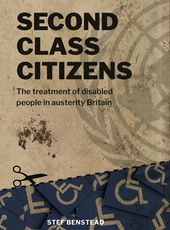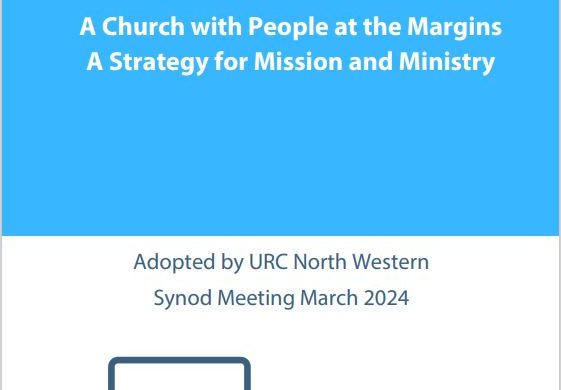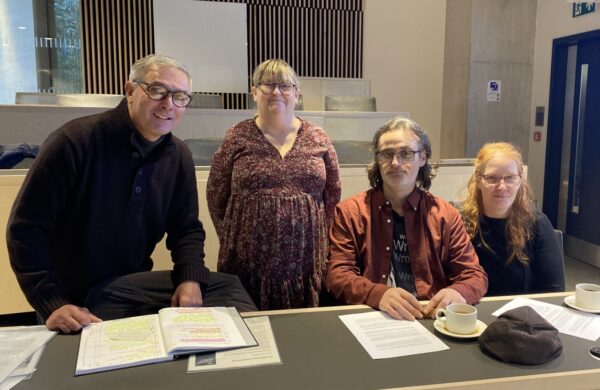Reflections on living in lockdown: money
Church Action on Poverty trustee Stef Benstead shares reflections on how the Coronavirus outbreak is affecting her life, as someone with disabilities who is used to being on a low income. In the second post of the series, she talks about money.

I’ve learned to live on relatively little money, around £145/week for living costs. It’s basically a case of only buying clothes when an old item wears out (I have clothes over 10 years old that I still wear regularly) and not eating out or going to a café. I also don’t have a TV license or streaming account, my mobile is £5/month, and I don’t have a car. There are probably other areas that I’m so used to that I don’t even notice the gap between my spending and that of my peers. But a key one is the support of my family, who paid for my last two holidays and various bits of home improvements that they won’t let me pay them back for.
I’m very fortunate to be in a benefits group that gets twice as much money as the typical jobseeker. People deemed either fit for work or too sick to work yet capable of ‘work-related activity’ got only £73/week (now £94 because of coronavirus), a level that is below the destitution threshold of £70/week once the need to top-up rent and council tax is factored in. By comparison, the state pension is £168.60/week, and single working-age adults are deemed to need £200/week to have a socially acceptable level of inclusion in society.
Fortunately for me, the government is not carrying out any assessments or reassessments of benefits for three months, so I’m not going to be reduced to destitution in the immediate future. This is less good for people who are on benefits that don’t match their level of illness, who can’t get assessed and placed in a higher award group.
Other people are able to get up to 80% of their income, up to around £24,000. Whether this is enough depends upon the cost of housing, so some people will get more than they need whilst others get less. This is inefficient. It’s also a major administrative cost for the government and leaves workers vulnerable to the good will of employers, for many of whom it is sufficiently easy to hire as to make keeping workers on at this time an unnecessary cost.
There is a very simple way around this: a means-tested income replacement. This could be made even easier by applying the means-test through the tax system, by including the benefit in tax calculations. The benefit should be made up of a livings cost element (£150-200/week) plus housing costs up to the 50th percentile in the equivalent private rent. This simple measure wouldn’t pay excess money to people who don’t need it, nor leave the poorest people under-supported. Many people who have been used to a higher income will have savings they can utilise now that the very rainy day is here, whilst others may be able to remortgage their house to free up some up money. Many people who are used to a lower income would be better off, and may even be able to get out from some debt whilst buying what they need to safeguard their, and our country’s, health. It’s a very simple approach that helps everyone, including the government.
 Stef Benstead’s book Second Class Citizens: The treatment of disabled people in austerity Britain is available from the Centre for Welfare Reform.
Stef Benstead’s book Second Class Citizens: The treatment of disabled people in austerity Britain is available from the Centre for Welfare Reform.


